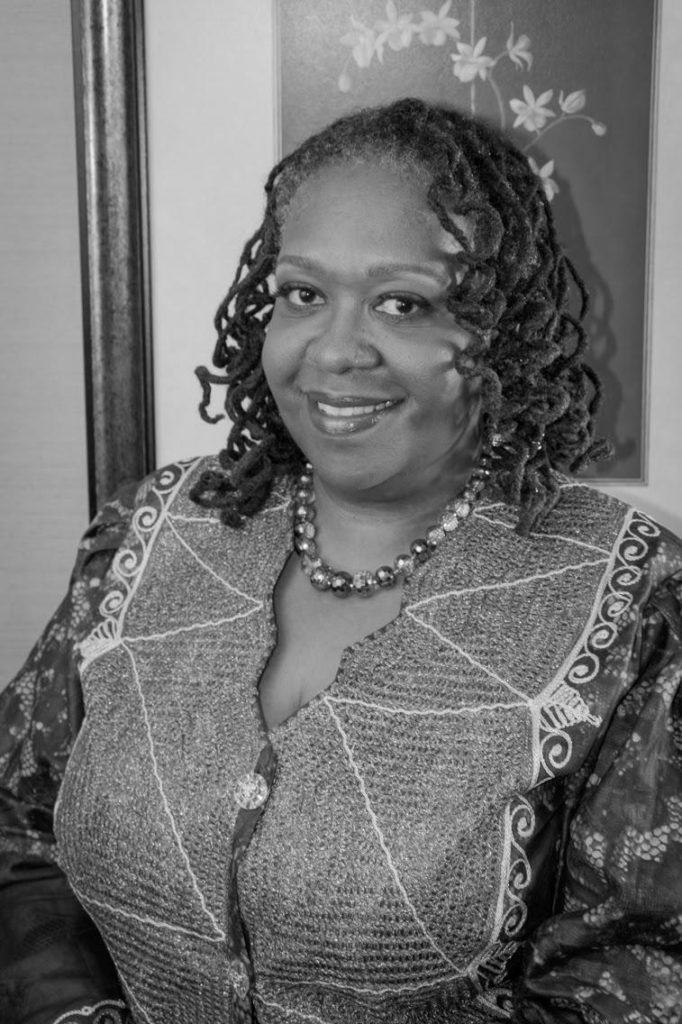by Kanisha L. Adkins

MARY DON’T YOU WEEP. That’s the title of a gospel song made popular by the Queen of Soul, Aretha Franklin. My title, however, isn’t Mary DON’T you weep. It’s Mary DID you weep. And it’s based on Luke 1:27 – 56. It’s the story of a young girl, maybe 12 or 13 years old, whose parents have entered into a contract with another family. Their daughter will be given to the other family’s son. The daughter is Mary. The son is Joseph. Mary will be his wife. The contract is final. For all intents and purposes, the couple is married. It’s a done deal. Joseph’s family will pay Mary’s family and Mary will go live with her new husband. But for right now she still lives with her family.
She’s been a “good girl”. She’s done everything she was supposed to do and she hasn’t done anything she wasn’t supposed to do. And then it happens. She gets a divine message that, in spite of the fact that she has never had sex, she’s going to get pregnant, have a son who will be the son of God and a great king. And to top it off, Mary is supposed to be happy about this. That’s what we’ve been taught. That’s what the text suggests. Of all the women in the world, God chose Mary. She’s blessed and highly favored. She should be over-the-moon happy.
But let’s slow down. And before we rush off to happily ever after, let’s give Mary a moment. Oh Mary, DID you weep? She’s been promised in marriage to a man (more likely, an older boy, about 19 or 20 years old) who she has probably seen but doesn’t know very well. She’s treated like a piece of property. The parents make a deal (more likely, the fathers make a deal). She’ll leave her family to go live with this little-known of boy and his little-known of family. Oh Mary, DID you weep?
She doesn’t really have a vote in this pregnancy process. It’s GOING to happen. (In spite of what folk like to say about freewill and God allowing us to choose to have a relationship with the Creator, there are times when God doesn’t ask our permission or our opinion.) Oh Mary, DID you weep?
When she tells her family about the pregnancy, they may disown her. Joseph may refuse to take her as his wife. Everyone would think that she has committed adultery. Adultery wasn’t simply a sin. It was a crime! Would she be convicted and punished for breaking the law? Would her punishment be death? Oh Mary, DID you weep?
When she heard that her elder-cousin Elizabeth was pregnant, was she shocked? Elizabeth was an “old lady”! She and her husband didn’t have children. And now, after all these years, they were finally going to have a child. Did Mary wonder whether it was a miracle? Did she wonder if God had done the same thing to Elizabeth that was being done to her? Was it a blessing? Was it a miracle? Was Elizabeth favored by God? She should be happy for Elizabeth – but how could she? Their situations were completely different. Oh Mary, DID you weep?
Did she welcome this divine assignment when she told the angel, “I am the Lord’s servant. Let it be with me just as you have said”? Or was she simply resigning herself to the inevitability that it was going to happen? Oh Mary, DID you weep?
When Mary saw Elizabeth, in her old age – pregnant – just like the angel had told her, when she heard Elizabeth, her wise, elder- cousin, shout praises to God for blessing Mary to be the mother of the son of God and praises to Mary for honoring her with a visit, Mary sang a happy song. Finally, she shouted, “Glory to God from the depths of my soul.” She was able to call blessed what God called blessed: both herself and the child she would carry and birth. The situation hadn’t changed. But finally, after processing the situation with the angel, with Elizabeth and with herself, she was able to laugh and smile and sing. But before she celebrated, we must seriously ask the question Oh Mary, DID you weep?
And we must seriously entertain the reality that Mary DID weep. Why? Because during this advent season, as the Church commemorates and celebrates the foretelling, expectancy and birth of the Christ, there are many people who are hurting. They are believers and Christ has come, is come and will come for them too. They are walking in the Advent season. But their worlds have been turned upside down. Jobs have been taken, loved ones have died, illness has been pronounced, bank accounts have been closed, businesses have gone bankrupt, evictions have been served and so much more. The heaviness of the holidays is settling in on them. And while some people are happy and excited and singing happy songs, others are weeping.
Let Them Weep! God will send divine messengers (it may be you – it may NOT be you) to remind them that buried under the burden of the turmoil, there is a hidden blessing. It may take some time to find the blessing but it’s there. And they will find it. But first, they must weep. So, let them! Give them love and space. And trust God to help them find their way, in their time, to that place of celebration.
******************************************************************
No portion of this commentary may be duplicated in writing or in any other recorded format without permission.
Copyright © 2019 by Kanisha L. Adkins.
Follow me on:
twitter @KanishaLAdkins
Facebook : Rev Dr. Kanisha L Adkins, LLC or KanishaLAdkins
Instagram: KanishaLAdkins
For speaking, preaching, workshop and group facilitation, contact me at: 202-854-1963
Share This:








